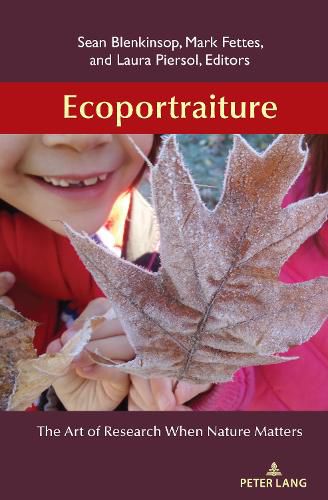Readings Newsletter
Become a Readings Member to make your shopping experience even easier.
Sign in or sign up for free!
You’re not far away from qualifying for FREE standard shipping within Australia
You’ve qualified for FREE standard shipping within Australia
The cart is loading…






This title is printed to order. This book may have been self-published. If so, we cannot guarantee the quality of the content. In the main most books will have gone through the editing process however some may not. We therefore suggest that you be aware of this before ordering this book. If in doubt check either the author or publisher’s details as we are unable to accept any returns unless they are faulty. Please contact us if you have any questions.
What changes in education, when it is not just humans whose teaching is sought and acknowledged? And how can educational research be accountable to the voices and agency of such more-than-human teachers, interlocutors, and kin? These have become pressing questions in an era of soaring interest in forest and nature schools, place- and land-based education. Ecoportraiture offers theoretical and practical guidance into an emerging methodology with deep roots in the anti-racist, emancipatory research tradition of portraiture initiated by Sara Lawrence-Lightfoot and Jessica Hoffman Davis. Bracketed by the editors’ wide-ranging introductory essay and a closing critical conversation, five inspiring chapters take readers deep into the thinking and action that characterize ecoportraiture research. Ideal for researchers at all levels who want to explore more deeply how human learning is shaped and informed by the more-than-human, this book also invites a wider audience into the artful practice of close listening to the many voices of the natural world. Ecoportraiture seeks to evoke and to guide journeys of knowing that are both profoundly ecological and profoundly personal. This is an open-ended and transformative methodology: one that is less about finding answers than about asking better questions-about learning to participate more deeply, as student, teacher, parent, community member, and/or co-researcher, in the conversations of the Earth.
$9.00 standard shipping within Australia
FREE standard shipping within Australia for orders over $100.00
Express & International shipping calculated at checkout
This title is printed to order. This book may have been self-published. If so, we cannot guarantee the quality of the content. In the main most books will have gone through the editing process however some may not. We therefore suggest that you be aware of this before ordering this book. If in doubt check either the author or publisher’s details as we are unable to accept any returns unless they are faulty. Please contact us if you have any questions.
What changes in education, when it is not just humans whose teaching is sought and acknowledged? And how can educational research be accountable to the voices and agency of such more-than-human teachers, interlocutors, and kin? These have become pressing questions in an era of soaring interest in forest and nature schools, place- and land-based education. Ecoportraiture offers theoretical and practical guidance into an emerging methodology with deep roots in the anti-racist, emancipatory research tradition of portraiture initiated by Sara Lawrence-Lightfoot and Jessica Hoffman Davis. Bracketed by the editors’ wide-ranging introductory essay and a closing critical conversation, five inspiring chapters take readers deep into the thinking and action that characterize ecoportraiture research. Ideal for researchers at all levels who want to explore more deeply how human learning is shaped and informed by the more-than-human, this book also invites a wider audience into the artful practice of close listening to the many voices of the natural world. Ecoportraiture seeks to evoke and to guide journeys of knowing that are both profoundly ecological and profoundly personal. This is an open-ended and transformative methodology: one that is less about finding answers than about asking better questions-about learning to participate more deeply, as student, teacher, parent, community member, and/or co-researcher, in the conversations of the Earth.